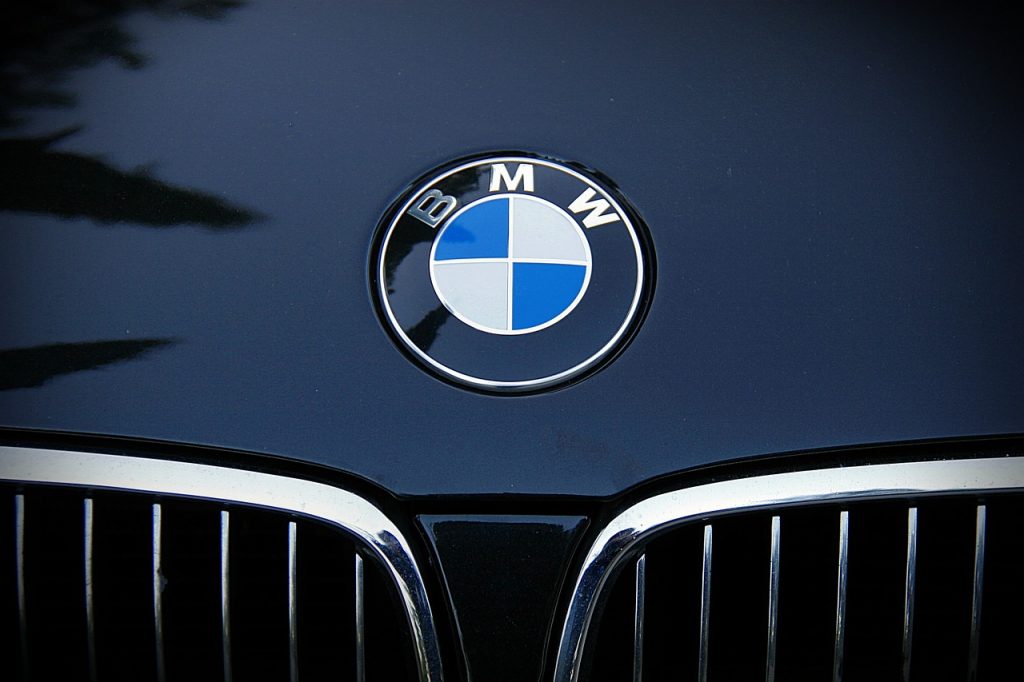BMWs Losing Critical Communication Feature?
A multitude of new BMWs are not being shipped with inherently useful Android Auto and Apple Car Play.
This article is more than 2 years old

New BMWs will need an update before utilizing critical features like WiFi and Apple Pay. This isn’t an oversight by the company but a chip shortage issue that won’t allow current manufacturing to include all functions in their cars. The recent BMWs shipped will not support vital functions like Android Auto and wireless internet.
BMW spokesperson Phil Dilanni elaborated on this deficiency and why new cars are being shipped out without the standard features. Dilanni explained that the chips provided in these new models couldn’t access Android Auto, Apple Pay, or WiFi without a chip upgrade. The company wanted to put these cars on the market instead of increasing the extensive delays. However, those who’ve purchased the recent models won’t have to suffer for long. Dilanni stated that an upgrade to the chip software should be ready by the end of June 2022.
In fact, many drivers might have the ability to start having their chip upgraded in the next couple of weeks. Dilanni announced that BMW would begin rolling out its recent updates, which could make specific car features available imminently. Though many are understandably frustrated with buying vehicles that don’t have these special amenities, it’s better to have a drivable car now than wait for months to purchase one.
Unfortunately, it might be problematic from the get-go to spot which new models won’t come with these necessary functions. BMW stated that cars with “6P1” in their product code would not have Apple Pay, Android Auto, or WiFi available. The car company didn’t explicitly say which countries would be affected by the BMW rollout, but so far, Spain, the UK, the US, Italy, and France have all received cars without the high-tech amenities. Once the upgrade is announced, hopefully, no more cars will be shipped out without their essential features.
Car manufacturers have been suffering from the worldwide chip shortage that began amidst the pandemic. Last year, BMW had to make other sacrifices to reconcile with the prolonged chip deficiency. In November 2021, certain BMW vehicles were shipped out without touch screens and backup assistant functions. Instead, consumers were given $500 credit to help with the frustrating outcome. Customers with the X5, X6, and X7 SUVs and Series 3 Sudan were instructed that they’ll have to upgrade their software eventually to gain crucial features.
Due to the unending chip shortage, in addition to BMW and others, General Motors also had to make manufacturing decisions. Recent vehicles were shipped out without wireless charging stations and eliminated the driverless Super Cruise function from its Cadillac Escalade. Other car companies and manufacturers are doing the same process to mitigate shipment delays. Though customers are receiving drivable cars instead of waiting years to obtain them, vehicles built without the high-tech functions many desire are a significant letdown.
Though many automobile and tech companies once believed the shortage would end soon, the chip deficit may last well into 2024. Intel’s CEO, Pat Gelsinger, made a statement a few weeks ago about the reasoning for an extended shortage. Gelsinger suspects a 2024 delay will occur due to a limit of essential materials for chip manufacturing. The company is now investing in plants to start producing these chips locally, though it won’t solve the overall crisis immediately.



